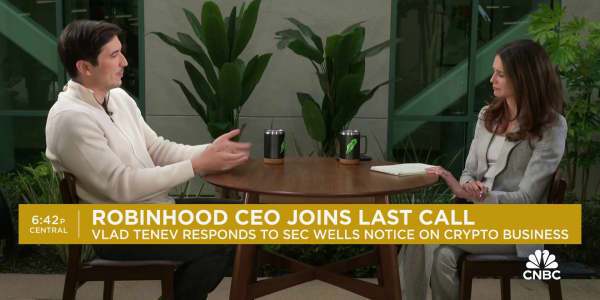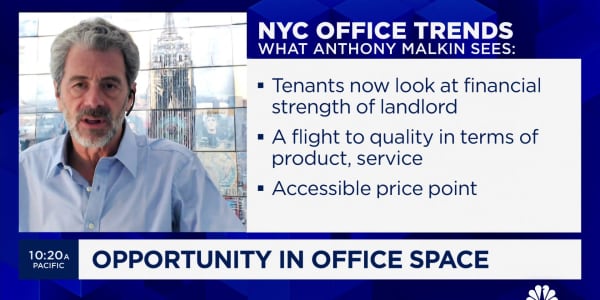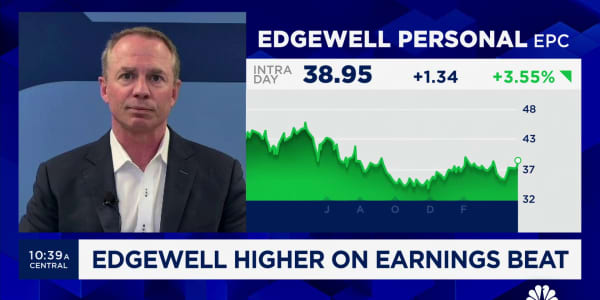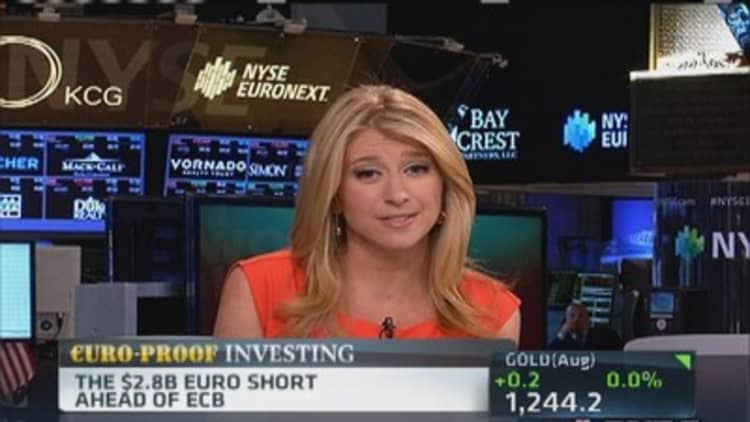
Watch out. Traders are piling into the weak euro trade ahead of Thursday's European Central Bank meeting, its most anticipated gathering of the year.
But that may be the wrong bet.
Mario Draghi is expected to announce a series of steps to boost the economy, ease policy and fight deflation. Part of the desired side-effect of that easier policy is a weaker euro, which boosts purchasing power and helps stimulate exports.
It's already started to work, as markets have moved in anticipation of a policy shift.
Read MoreDraghi's Toolbox: QE on the way?
European stocks are at a six-year high, while the euro is sitting near a three-month low versus the dollar and nearly a four-month low against the Japanese yen.
Traders are positioned for further euro weakness ahead.
Hedge funds and other large speculators built up a net $2.8 billion short bet against the euro last week, nearly doubling their bets against the currency from the previous week, according to Commodities Futures Trading Commission data.
But that positioning raises some red flags.
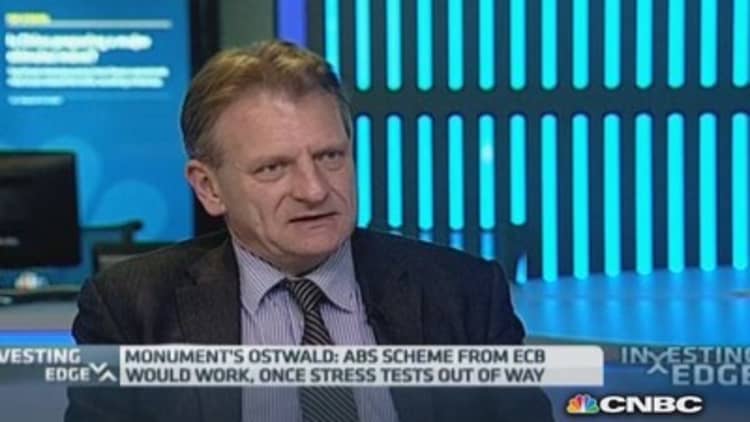
"We suspect the market is particularly vulnerable to 'sell the rumor and buy the fact' activity," said Marc Chandler of Brown Brothers Harriman.
Read MoreEurope's SME crisis: Why Draghi's plans may not work
"This is what has happened when the Fed has announced its quantitative easing programs: The dollar would sell off in anticipation and then rally on the announcement," Chandler added
Here are the likely scenarios Wall Street is buzzing about:
- Cutting interest rates, which would bring deposit rates into negative territory. By doing so, the ECB in effect will be charging banks to park funds with it overnight in order to encourage them to lend out the money instead.
- A liquidity injection, similar to previous actions by the ECB called LTRO (long-term refinancing) programs, in which the central bank issues cheap long-term loans to banks to boost liquidity and lending.
- A signal or announcement of quantitative easing, or a bond-buying program in which it would buy assets, usually bonds, in an effort to boost supply and ease financial conditions in the form of low rates. This is what's known as the "bazooka," which would be more controversial and political given that Europe doesn't share common euro bonds and is seen as the least-likely, but most powerful action.
How much is already priced in, and what does it mean for the euro's direction on the announcement day?
Nomura currency strategist Jens Nordvig surveyed clients to gauge Wall Street expectations.
The survey found that 95 percent expect a cut in interest rates, 62 percent expect some form of liquidity injection, such as an LTRO or lending program, while only 10 percent expect a QE announcement.
"It is this set of expectations which makes it tricky to view the ECB meeting as a strong catalyst for a euro decline," Nordvig said.
Read MoreThis chart may push Draghi to act
Still, he's positioning for a "grinding move lower in euro versus dollar."
One economist even suggested that if the ECB delivers strong action and impresses the markets, it may even lead to the opposite: a stronger euro.
"Should markets deliver a thumbs-up to the ECB on June 5, then flows in the hunt for yield could deliver a very significant boost to euro area assets and may even lift the euro!" Societe Generale economists led by Michala Marcussen said in a note.
Bottom line, strategists say, is that a lot of the easing measures are already priced into the weaker euro.
"There now appears to be a higher hurdle for the ECB to surprise on the policy easing front at this week's meeting," Lee Hardman, currency strategist at Bank of Tokyo Mitsubishi, said in a note. "As a result, it is likely that the ECB may struggle to materially weaken the euro further in the near-term through policy easing alone."
What trick could Draghi pull out of his hat if he wants to actually weaken the euro further?
QE.
Read MoreEverything the Fed thinks it knows may be wrong
"The key for euro reaction on Thursday will be the announcement (or lack thereof) of an asset purchase program, said Alvin Tan, head of Societe Generale's Cross Asset Research Team. "A further leg down in (the euro against the U.S. dollar) requires the announcement of ECB asset purchases."
In other words, the announcement of QE is not priced in, and would be a surprising and aggressive move that could lead to a weaker euro.
But everything else may already be in the trade.
And most strategists predict the ECB won't actually go that far yet.
—By CNBC's Sara Eisen




